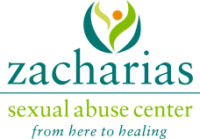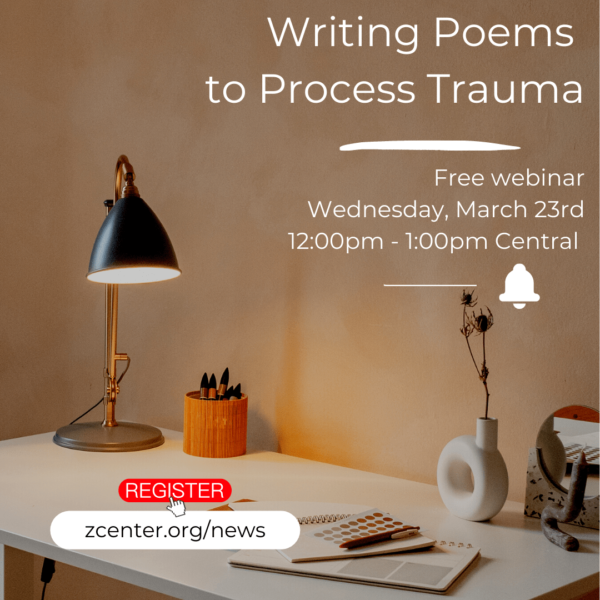What do Maya Angelou, Mary Oliver, Fiona Apple, Lady Gaga, Mary J. Blige, Carly Simon, Missy Elliott and Rupi Kaur all have in common? Besides being some of our most beloved poets and lyricists, each one is also a survivor of childhood sexual abuse.
Writing poems and songs can tap into a part of our brains that may be closed off by the symptoms of sexual trauma: dissociation, intrusive thoughts, hypervigilance, that feeling that something bad is about to happen. Especially if the trauma occurred in childhood, when our brains were still developing, we might find it helpful to soothe ourselves through the rhythm, repetition and routine of being creative.
In poetry, we can express ourselves — our grief, our anger, our hope, our defiance — through words in an intentional, healing way. Here are a few things to keep in mind.
Poems Don’t Have to Be Happy
Some survivors find relief in doing creative work that is honest and raw, not being pressured to tie the ends up nicely. Poems can help us explore all our feelings, even the ones we usually think of as negative. We can use words to capture the pain of a broken heart, the rage at a choice we didn’t get to make, the vulnerability of our worst moment. Poems don’t have to be happy to be beautiful.
Create a Sanctuary
Where to begin? Light a candle. Turn on a sound machine or some lo-fi hip hop beats. Make tea, wrap a warm blanket around your shoulders, and find a spot of sunlight on the kitchen floor. Make your creative writing time soothing for body, brain and soul.
Get Inspired
Invest in a copy of Mary Oliver’s Devotions, Rupi Kaur’s Milk and Honey, or do a search for any of Maya Angelou’s many written creations, including this ground-shaking one. Look for performance poetry on youtube, like this, and let anything Amanda Gorman has made inspire you. Check out Wild Writing, one of many online creative writing courses that are open to anyone. There are countless ways to express ourselves through words, and through playful experimentation and a commitment to the journey, we can find our own way through.
Seeing Our Words on a Page
It can be such a confidence booster to hold something in our hands and say, “I made this.” Writing poetry isn’t about getting published. It isn’t about creating a masterpiece or getting all the words just right. The words are ours — we control them. We own them. No one can take them from us. Making our healing work into something tangible, something we can feel, touch and see, is a way to regain strength and restore agency.
Always, Always Celebrate
When you write something you realize has captured your truest heart, your deepest feelings, capture that moment! Our brains release happy chemicals, most notably dopamine, when we take note of an accomplishment. Treat yourself to a set of colored pens. Ask a loved one if you can read your poem to them. Or print your written piece on pretty paper, stick it in a frame, and put it on your bedside table. Memorialize, in some big or small way, how far you’ve come.
Work with a Trusted Professional
Trauma work is always hard work, and you won’t want to do it alone. Zacharias Center has trained counselors that work with groups and individuals, serving children, youth and adults. Or, you may already have a relationship with a therapist, spiritual director, or social worker. Ask if you can share what you’re working on. Ask if creative, expressive work can be incorporated into your sessions.
We’d also love to see you at our upcoming poem-writing workshop (3/23/22 at 12 noon), which you can register for here: Free Webinar: Writing Poems to Process Trauma — ZCenter
Written by Courtney Coates, MSW Candidate at Loyola University, ZCenter Counseling Intern.
ZCenter aims to end sexual violence, mobilize and educate the public, and support survivors of sexual assault. Our blog addresses issues related to ending oppression and violence, since all oppression and violence are intersectional with sexual violence. All ZCenter blog posts are written by state certified staff, interns, and volunteers. For questions on authorship or content, please email info@zcenter.org.

